Community: The Secret to Stopping Deforestation in Guatemala
The forest concessions of the Maya Biosphere Reserve have boasted a near-zero deforestation rate for 20 years.
A full third of Mesoamerica is covered in lush forest, which serves as home to scores of Indigenous and local communities, iconic wildlife, archeological wonders, and abundant biodiversity. While agriculture is the backbone of the region’s economy, it also drives deforestation and climate change.
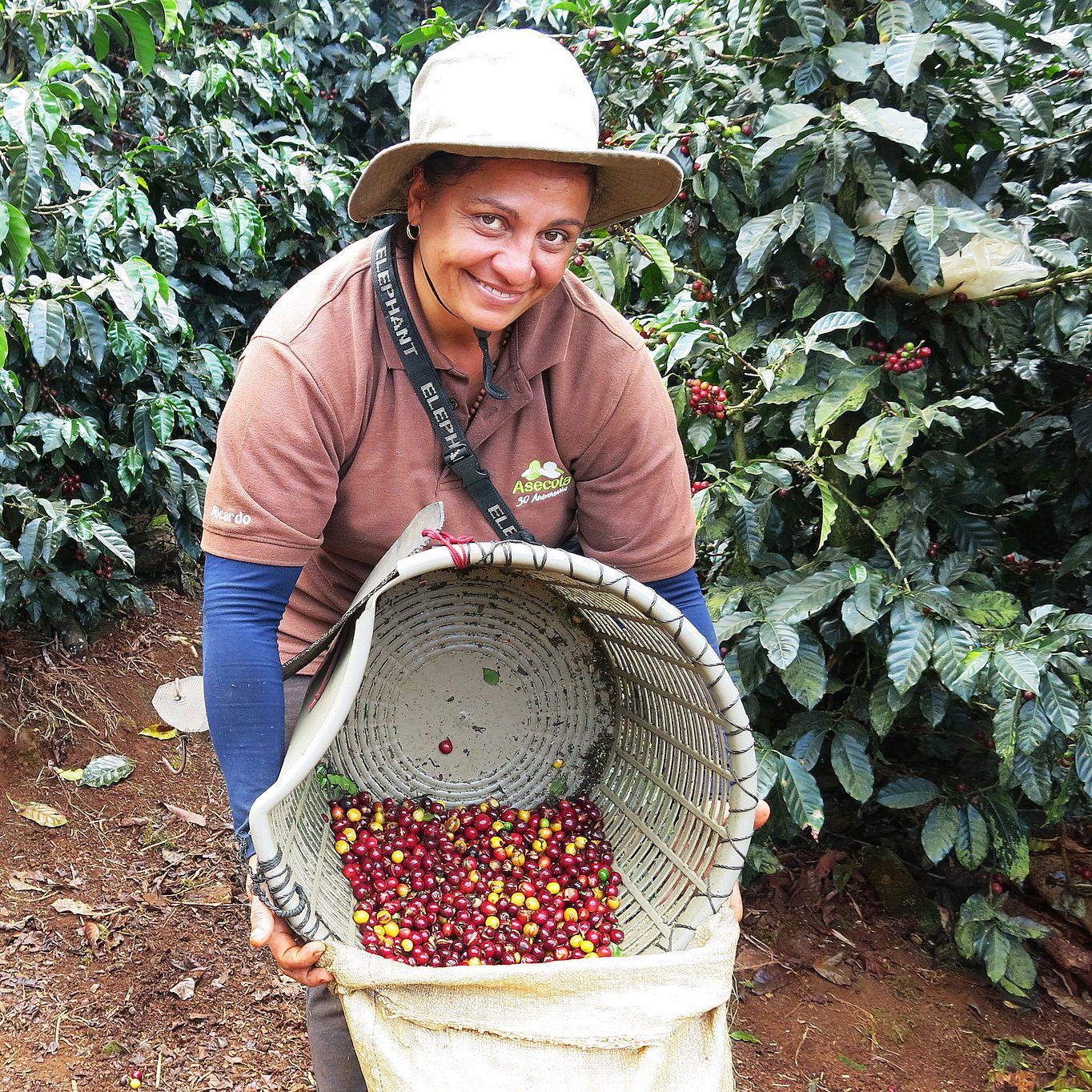
Prolonged droughts and frequent hurricanes are making it harder for farmers in Mesoamerica to make a living. A lack of access to international buyers and government support compounds the problem, leading some farmers to cut down forests for more cropland, while others migrate elsewhere in search of better opportunities.
Our community forestry work in the Selva Maya is recognized around the world as a stunning success for people and nature. We also work with certified farmers on producing crops like coffee, cocoa, and fruits sustainably.
Through our certification program, we work to improve the sustainability of 61,443 smallholder farmers, 233 farm groups, and almost 3,000 large farms across 700,000 thousand hectares. Almost half a million workers benefit from these efforts.
Data through 2023.
We worked with community forestry businesses to improve their conservation practices while achieving US$53 million in sales of forest products from 2013 to 2023. As a result, the communities conserved one million hectares of forest.
We always start by listening. We work with farmers and forest communities to develop solutions to their specific challenges—which range from a lack of investment and business skills to poor soils and droughts. Our agricultural certification program supports farmers and workers, while our forest work helps both forests and communities thrive.
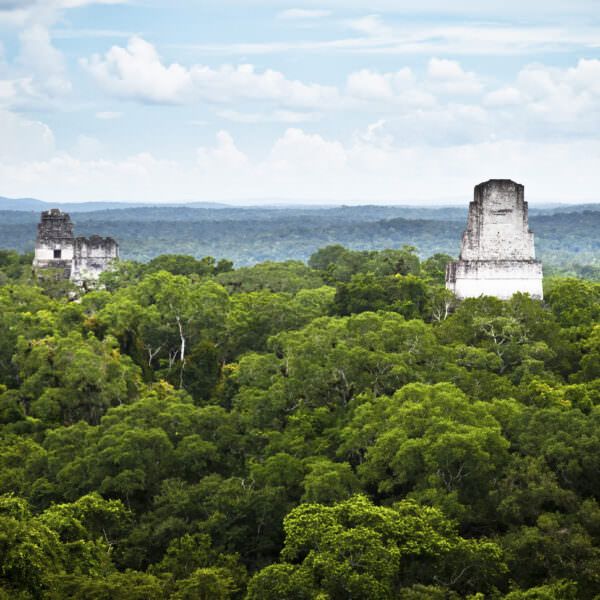
The forest concessions of the Maya Biosphere Reserve have boasted a near-zero deforestation rate for 20 years.

We worked with eight indigenous coffee-farming communities in Chiapas to build skills in fire prevention, business skills, and health and nutrition.
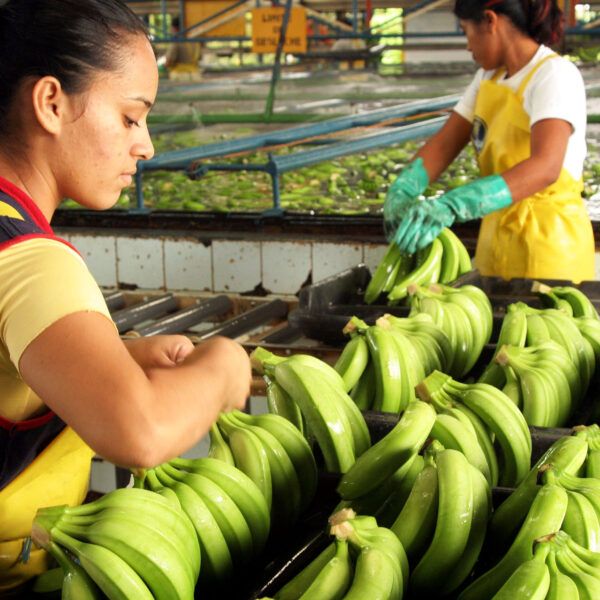
Rich biodiversity? Check. Well-treated workers? Check. Prepared for climate events? Check. Costa Rica's banana industry has a long history of worker abuse and environmental destruction—but these certified farms are proving there's a better way.
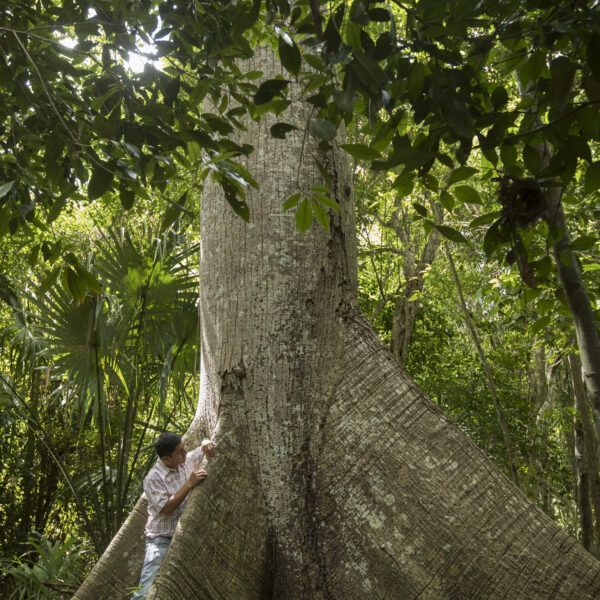
We are working to grow Mexico’s domestic market for sustainably produced products.

The new ‘Policy on WOs’ has been developed to align the Freedom of Association (FoA) requirements (5.2.1; 5.2.2; and 5.2.3) of the Rainforest Alliance 2020 Sustainable Agriculture Standard to the context of banana and pineapple farming operations in Costa Rica. It aims to recognize, in equal conditions, benefits to all Workers’ Organizations (WO), and access […]

A story in The Guardian exploring the challenges facing cocoa-growing communities in Chiapas, Mexico highlights how the Rainforest Alliance’s teams are working with local cocoa farmers to provide support in building resilience against climate change.
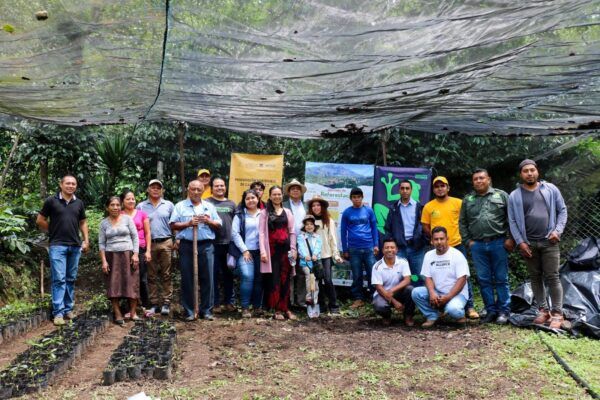
With support from OXO and 1% for the Planet, we are supporting local and Indigenous coffee-farming communities in Chiapas, Mexico, to adopt regenerative agriculture. ... Continue Reading
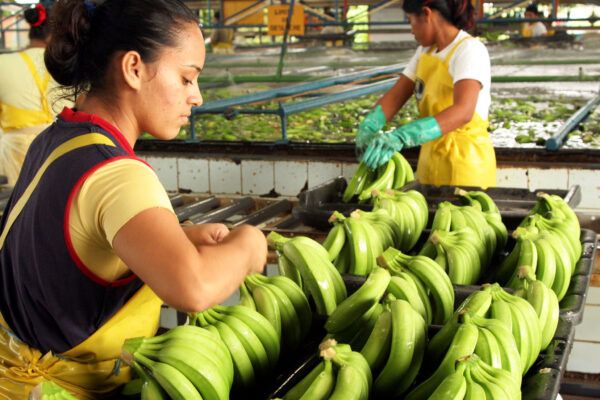
Rich biodiversity? Check. Well-treated workers? Check. Prepared for climate events? Check. Costa Rica's banana industry has a long history of worker abuse and environmental destruction—but these certified farms are proving there's a better way.... Continue Reading

The Rainforest Alliance’s Mexico team speaks about how smallholder avocado farmers deliver Mexico’s green gold with data, transparency and collaboration through the 1000 Landscapes for 1 Billion People (1000L) initiative and LandScale.